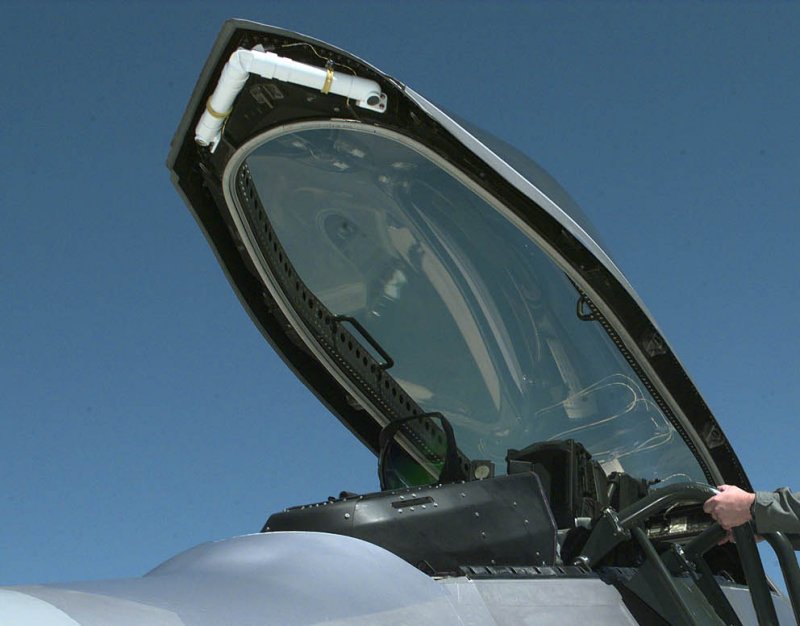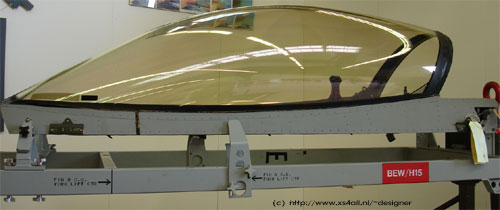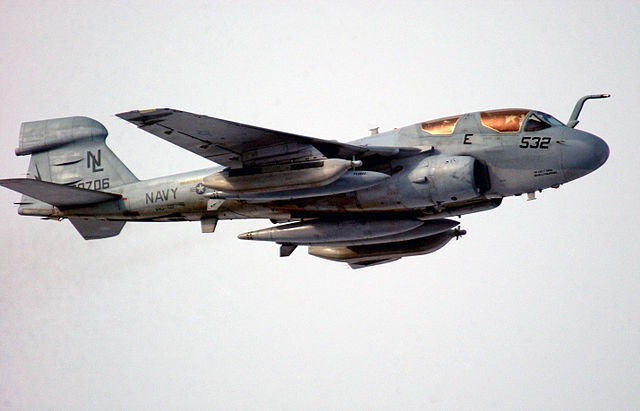What kinds of materials are used for fighter jets' windshield glass, and are they different from what they use for commercial jets?
-
2$\begingroup$ By "glass shield", do you mean the "glass" used for the cockpit windows / canopy? $\endgroup$– Roger LipscombeCommented Oct 9, 2015 at 11:26
-
1$\begingroup$ Related and amusing: AEDC Chicken Gun. $\endgroup$– reirabCommented Oct 9, 2015 at 15:19
-
8$\begingroup$ @reirab "a dead chicken prepared in accordance with the ASTM specification." Would love to meet the people who wrote that spec. $\endgroup$– egidCommented Oct 9, 2015 at 15:58
-
1$\begingroup$ @egid Since it also says the people at the range "played an instrumental role in developing the ASTM F330 specification," I probably met some of them at one point or another. haha I worked at AEDC for a while. $\endgroup$– reirabCommented Oct 9, 2015 at 16:13
-
$\begingroup$ @egid Also, I'm sure that specification sounds a lot more interesting than it really is... $\endgroup$– MichaelCommented Oct 9, 2015 at 19:47
2 Answers
Today, the canopy is a multi-layer structure. In case of the F-16, it consists of three layers:
- The innermost layer is 0.5 inch thick polycarbonate and drape-molded into the compound curvature shape.
- The center layer is 0.05 inch polyurethane to bond the inner to the outer layer.
- The outer layer is a 0.125 inch layer of acrylic (PMMA).
The canopy is bolted to a metal frame for assembly. Some canopies also use explosive cord on the outer layer to fracture the material shortly before the ejection seat fires.
F-16 canopy (picture source)
For less fast aircraft, a single layer of acrylic is sufficient. Funnily, the company which produces most of those canopies doesn't even have a page in Wikipedia. They use flat PMMA sheets and drape-mold them over a mandrel. The secret of their process is the grease they put on the mandrel so the acrylic flows easily into shape.
-
4$\begingroup$ Can you talk a bit about why 3 layers are needed and what they all do? $\endgroup$ Commented Oct 9, 2015 at 14:20
-
1$\begingroup$ @DavidGrinberg - One possible concern: Ballistic resistance of double-layered armor plates: "In a previous study of the same authors, it was shown that a double-layered shield of the same metal was able to improve the ballistic limit by 7.0–25.0% under impact by a flat-nose projectile, compared to a monolithic plate of the same weight." I did this experiment in HS ;) $\endgroup$– MazuraCommented Oct 10, 2015 at 1:22
-
$\begingroup$ @mins They still are not mentioned in Wikipedia. My answer linked to the company site already. $\endgroup$ Commented Mar 24, 2022 at 20:08
The fighter jet canopies usually are made of (special) acrylic plastics or polycarbonate, with special coatings for RCS reduction in some cases.
In general, different fighter canopies differ in their material and construction.
The F-22 canopy is the largest piece of monolithic polycarbonate material being formed today. It has no canopy bow (frame) which helps in having superior optics throughout the canopy (not just in the front) and also offers the requisite low-observable features.
Source: www.abovetopsecret.com
The canopy is 3/4" thick and is actually made of two 3/8" thick sheets that are heated and fusion bonded (the sheets actually meld to become a single-piece article) and then drape forged.
On the other hand, F-16's canopy, is made up of laminated polycarbonate-acrylic canopy.
Source: designer.home.xs4all.nl
In general, a laminated canopy offers better birdstrike protection; however, lamination also adds weight as well as reduced optics. Some aircraft have gold tinted canopies like the EA6B Prowler.
"EA-6B Prowler takes off from Eielson AFB" by Camera Operator: SSGT CHERIE A. THURLBY, USAF - ID: DFSD0405331 / 020423F7203T025]. Licensed under Public Domain via Commons.
The gold tinting performs two different functions:
On an EA-6B it serves to protect the crew from the radiation emitted by their own jamming pods (EA6B can carry upto 5 jamming pods).
On other aircraft like F-16 and F-22, it prevents radiation (from Radar) from reflecting off the interior cockpit structure, reducing RCS.
Commercial jets use Plexiglas or Poly(methyl methacrylate) (PMMA) in their windows.
Sources: PPGaerospace, globalsecurity.org
-
2$\begingroup$ That Prowler is from my old squadron, and I was at Eielson for Northern Edge in 2002! Unfortunately a death in the family took me out of the flying rotation, or else I could claim "that mighta' been me..." But I undoubtedly knew the crew. $\endgroup$ Commented Mar 25, 2022 at 1:43
-
$\begingroup$ Thank you for your service, @MichaelHall! My son is currently just down the road at Wainwright. $\endgroup$– FreeManCommented Mar 25, 2022 at 16:56




